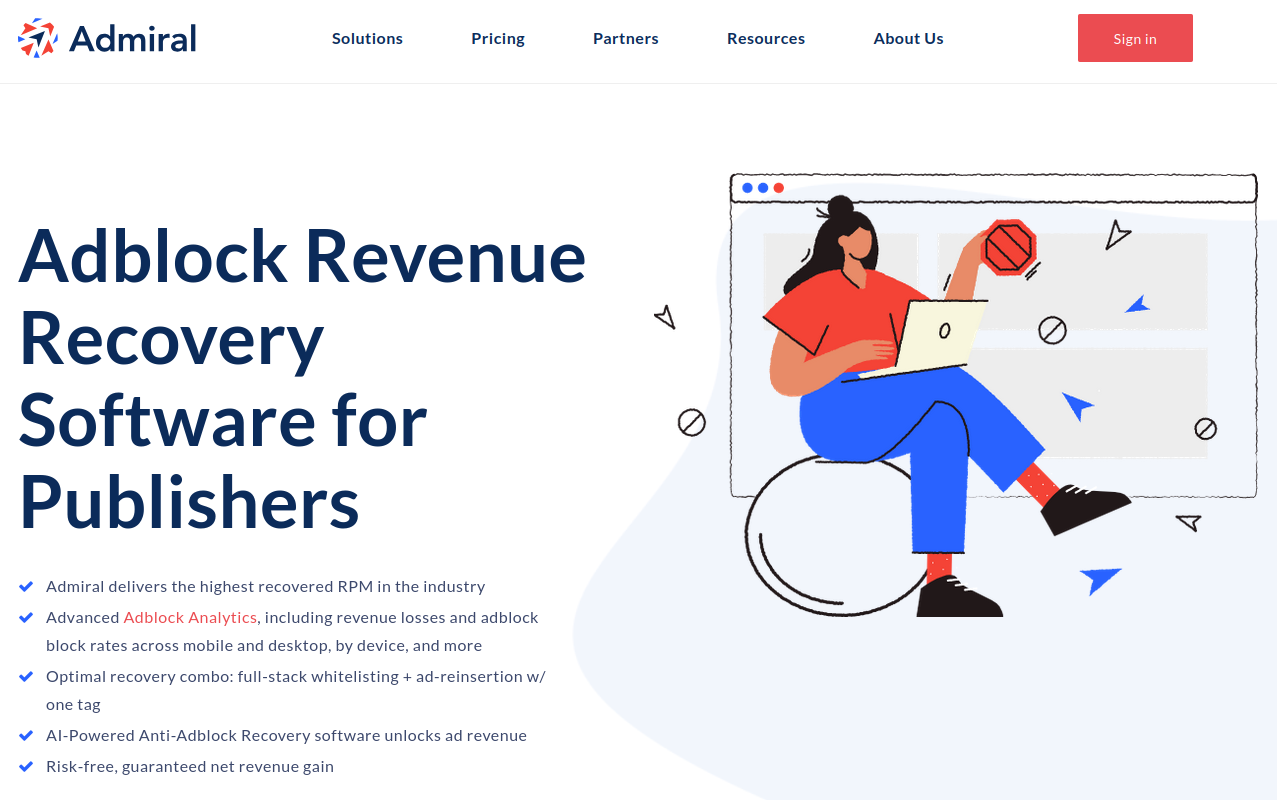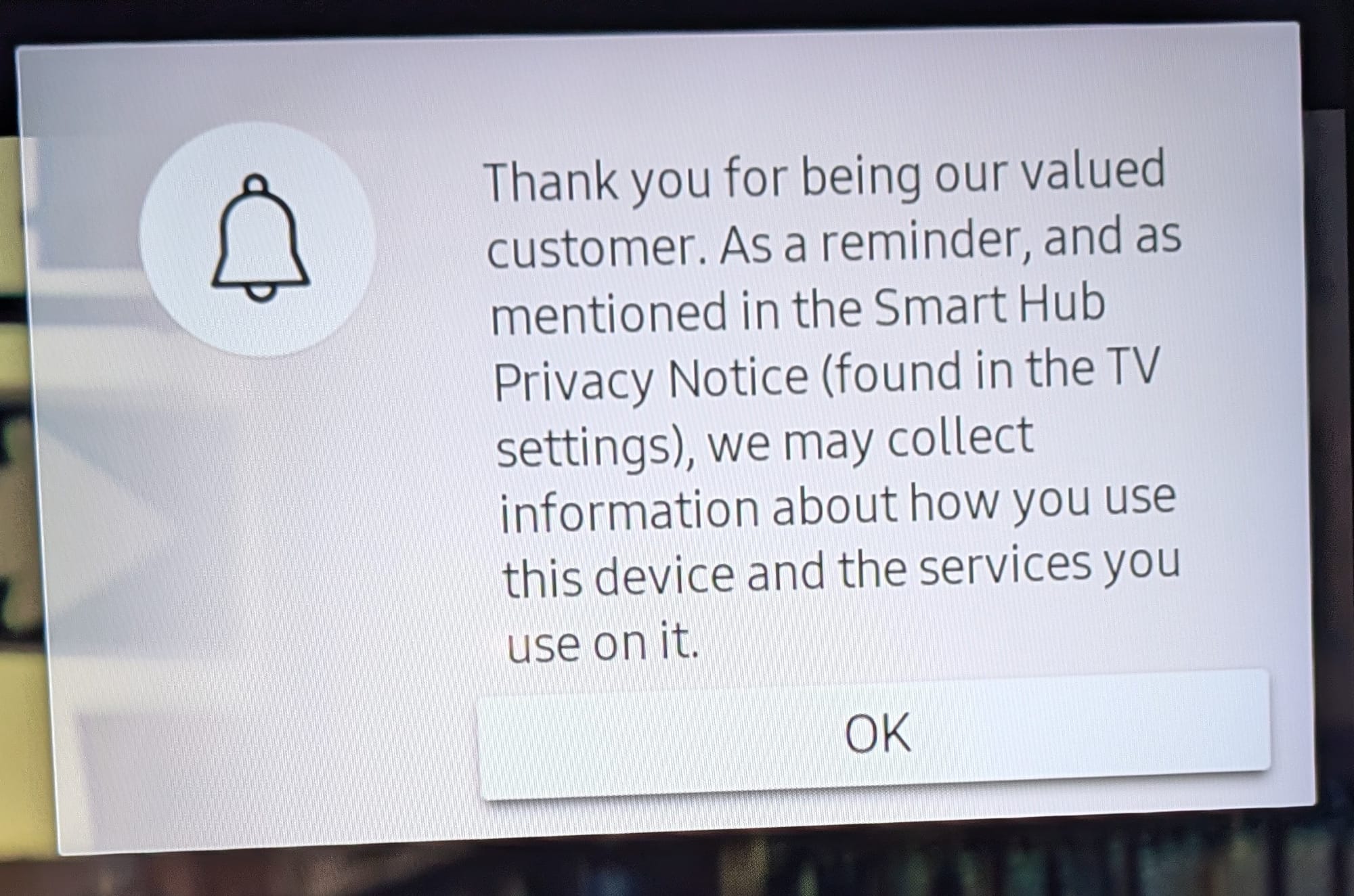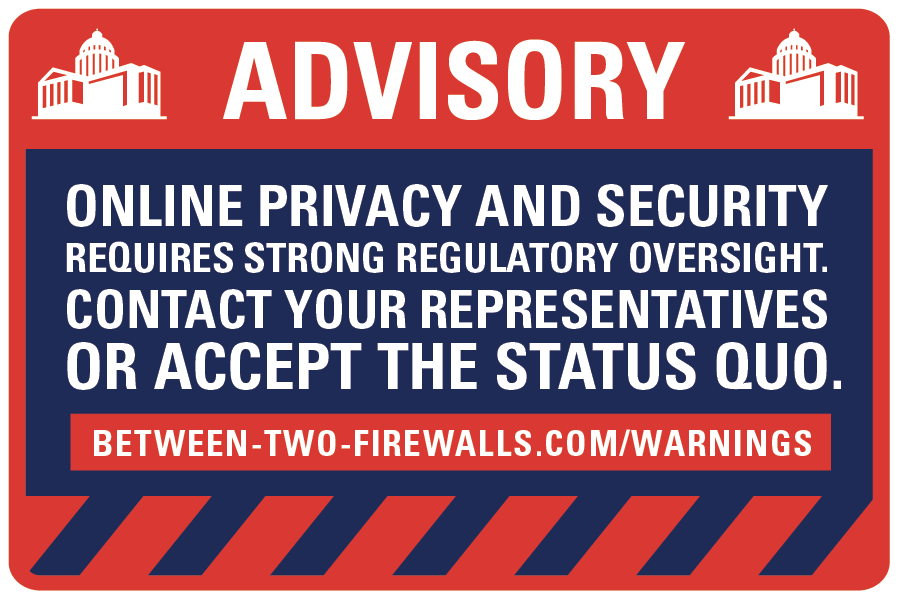What Does Your Privacy Cost?
In the current age privacy isn't simply a matter of not leaving the house. It requires money, and you may not realize it.

Sorry to be the bearer of bad news, but it turns out it now costs money to remain private.
Oh, you knew that. But have you recognized just how much of your Internet experience is being subsidized by the marketing of your private information? Do you understand the amount of tracking going on? Really? Well, I'm going to scratch the surface here, and hopefully share a few tips for reducing your privacy woes without overwhelming you. Let's jump in, shall we?
It Isn't the Ads, it's the Tracking

Simpler Times
Once upon a time, the Internet was paid for by ads the same way they helped pay for newspapers and magazines, even radio and television. Ads were flung out into the world based on what the website was and what it was geared toward. Just like with magazines, certain advertisers were focused on advertising in, say, Vanity Fair, and others in Motor Trend. Some were happy to advertise on both.
In these earlier days of the Internet, a "cookie" was more often than not still something your doctor told you to eat in moderation, not small tracking files on your computer telling websites all about you.
But then some bright spark realized they could tailor the advertising to you, if only they knew a bit more about you. Such targeted advertising could generate higher per-ad rates for the website showing them. Even more if you actually interacted with the ad and the website could prove you visited the advertiser's site by clicking the ad on their site. And a new Internet economy was born.
Ad brokers rose up, and as all middle-men do, convinced the advertisers that they needed their help tracking users to target the right ads to the right people, and convinced the website owners that they'd make more money with these ads. Once they got both ends to agree they inserted themselves, and their tracking capabilities, in the middle.
Pushback
There was always pushback against ads by end users. In the early days the arguments were about how much they slowed down sites (remember, most of us were using dial-up modems and early DSL back then, graphics like ads could really bog down page loads) and how gaudy/ugly they were (again, we're talking the days of 8 and 16 bit colors on the web, lots of flashing .gif ads, etc.). This was actually a great thing for the web advertising industry because they got to call software that blocked these annoyances, oddly enough, ad blockers.
Skip to today where ad blockers are less about load times, but while they do help make webpages far more readable you can argue that their primary value is blocking trackers. That's part of what makes that screen-shot from Admiral all the more galling: it is directly arguing that people should give up their privacy so your website can have more revenue.
What's Good For the Ad Is Good For the App
The smartphone trailed the commercial web by several years. And once again someone figured out how to better monetize apps on our phones by including trackers. Here is an example of tracking by an app:

The example above is an app that enables me to buy airline tickets, which is something that I'm quite certain the airline has benefited from greatly. But that's sadly not enough for them, they have to somehow track all of these other details - when I'm not even actively using the app? More than 180 attempts to gather this info via two different tracking companies? This definitely goes beyond "performance data gathering." This data can't be critical, the app loads just fine even when my system is blocking those. The reasoning here points to an additional revenue stream that I'm sure is lowering the costs of my flights by something in the neighborhood of thousandths of a penny every year.1
Most likely you're not even aware this is happening. I'd be remiss if I didn't point out that the good folks at DuckDuckGo are one of the options for trying to block the majority of this tracking on your Android phone. It seems to be pretty good at it too.
The Internet of Crap Things
Say, do you have one of those super modern cars with always-on connectivity? Yeah, somehow your car company wasn't happy enough charging you monthly for being online, they're using your private data too, including but not limited to that "driver monitoring" camera in the interior. (Keep that in mind next time you and your date get frisky in the back seat on Lovers Lane) I'm sure it's worth it though, to defray some of the cost of cellular connectivity, right?1
Any idea what your Internet connected TV is telling Samsung about your watching habits? Does your remote really need a microphone in it? Any idea what Amazon is doing with all that Ring footage?2 Any idea why your Sonos speakers suddenly started showing up with microphones on them?

And while no, nobody has so far proven or admitted that advertisers and data aggregation companies are using microphones to listen in on you, some of them definitely seem to think it's the next step.
Targeted (Surveillance Based) Advertising Is THE Revenue Stream Online
We've seen that advertising is an important revenue stream for the Internet to work as well as it does today.3 We've watched newspapers and magazines fail because they couldn't make this stream work. We've seen Facebook argue to the EU that they need ~$11/month from users that they don't do ad targeting against. We've also seen the EU tell them to pound sand with that model. Clearly though, connected content/app/service providers are telling us something between Facebook's comments and Admiral's entire business model: your private data is what their revenue models run on. It's no longer about the advertising, it's about the targeted advertising, and making that target as precise as possible.
Reclaiming Privacy
OK, so enough doom and gloom. You can improve on this situation, honest. Here are some steps you can take for yourself and your family to get some of this privacy back. Moving to the EU is certainly one option, but perhaps not very practical for many of us, so here are others that hopefully are more useful:
Legislative Action

There's a reason the EU has the power to take legal action against Facebook over their paid plan, and it is high time we got our legislators to do the same. It turns out that lots of us want this, we just need to convince our elected officials to do it. The Electronic Frontiers Foundation (EFF) is a great resource for getting involved here. But this needs to happen at a federal level, state-by-state laws just don't cut it.
Technical Options At Home
One of the best things you can do for your computer is to leave the Microsoft Windows operating system behind. Linux is one choice, but there are others. Following that up, choose a browser more focused on security than Google Chrome, such as DuckDuckGo or Firefox. Install a tracker blocking tool (probably called an ad blocker) as well. Setting up DNS at home for security will also help with privacy.
From a social media perspective, consider joining Fediverse applications instead of your existing corporate-owned services. The big social media apps are tracking you like you wouldn't believe. Stop using their instant messaging apps as well, Signal is a great, secure and private, alternative.
On your phone, change your browser from the default to something like DuckDuckGo. On Android that will help you with the app tracker blocking as well. Delete apps you don't use, because even letting them just run means they're trying to track you. You can also choose to switch to an alternative OS like Graphene, or you can go so far as to migrate to a FairPhone.
Finally, push back when you're asked to share your data. Why do you need to share your email address? Your physical address? Your driver's license number, passport number, or social security number?
Each of these options will help a little, and enough of them will start to help a lot. Voting with your dollars by not patronizing those who use your privacy as currency, and making your elected officials (and candidates, especially candidates) understand your views on this are critical steps that we all need to practice if we're serious about getting a refund for our privacy.
1. Yes, I made that up. No amount - large or small - that they're making justifies the loss of my privacy in my book.
2. Please tell me you didn't put a camera INSIDE the house, right? Right?
3. Yeah, I wrote it that way on purpose.

